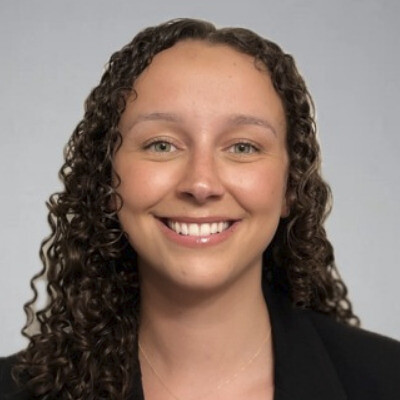Participant-observers: Psychology Doctoral Students’ Reflections on Shadowing Team-based Care in Primary Care Settings
Clinical psychology doctoral students do not universally have primary or team-based care experiences. Likewise, student healthcare professionals may not interact with clinical psychologists in primary care, as this role is still emerging. Therefore, as a requirement, students in the Clinical PsyD program at the Philadelphia College of Osteopathic Medicine shadow physicians and their accompanying medical students for four hours in clinic. Students may attend brief chart rounds, patient appointments, healthcare team huddles, and warm handoffs with other team-based care professionals (medicine, psychology, pharmacy, physician assistants, nursing, and social work). Patients in these healthcare centers are community members from underserved areas in Philadelphia willing to participate in training students during their visits. This experience is required in psychology students’ 2nd year Integrative Behavioral Healthcare course. Shadowing aims to achieve the following goals: a) learn the culture of team-based primary care, b) identify biopsychosocial patient concerns, c) engage in clinical decision-making with healthcare faculty and students, d) increase self-awareness of comfortability and knowledge, skills, and attitudes needed in primary care psychology, and e) respect the roles, responsibilities, and value of all members of team-based care. The assignment required written reflection on the physicians’ role, doctor-patient-team relationship, and self-reflection of interprofessional knowledge, skills, and attitudes needed for successful patient and professional interactions. Instructions encouraged self-reflection of thoughts, feelings, and observations about obstacles, and benefits to patients receiving team-based care, what they have learned, and how their shadowing experience may impact future interactions. A qualitative analysis of three cohorts’ (Nf48) de-identified one-page self-reflections on these experiences will be presented. ATLAS.ti will be used to code, organize and analyze the data, and 10% will be coded and analyzed by a student team for validity, respectively. The authors will use consensual validation to finalize the interpretation of themes. Preliminary analyses revealed that students gained an appreciation for primary care culture and physicians’ time demands, responsibilities, and problem-solving skills. They reported perspectives on medical training and the complexities of patients’ needs. A theme regarding the critical need for attention to psychological factors in holistic care and the limits of medical colleagues to address them independently emerged, reinforcing the psychologists’ role in team-based care. Other themes will be shared. The value of the shadowing experience as an inexpensive, high-value interdisciplinary mentoring opportunity is highlighted and will be expanded to other disciplines. Qualitative analyses of the full dataset of self-reflections will be presented.





